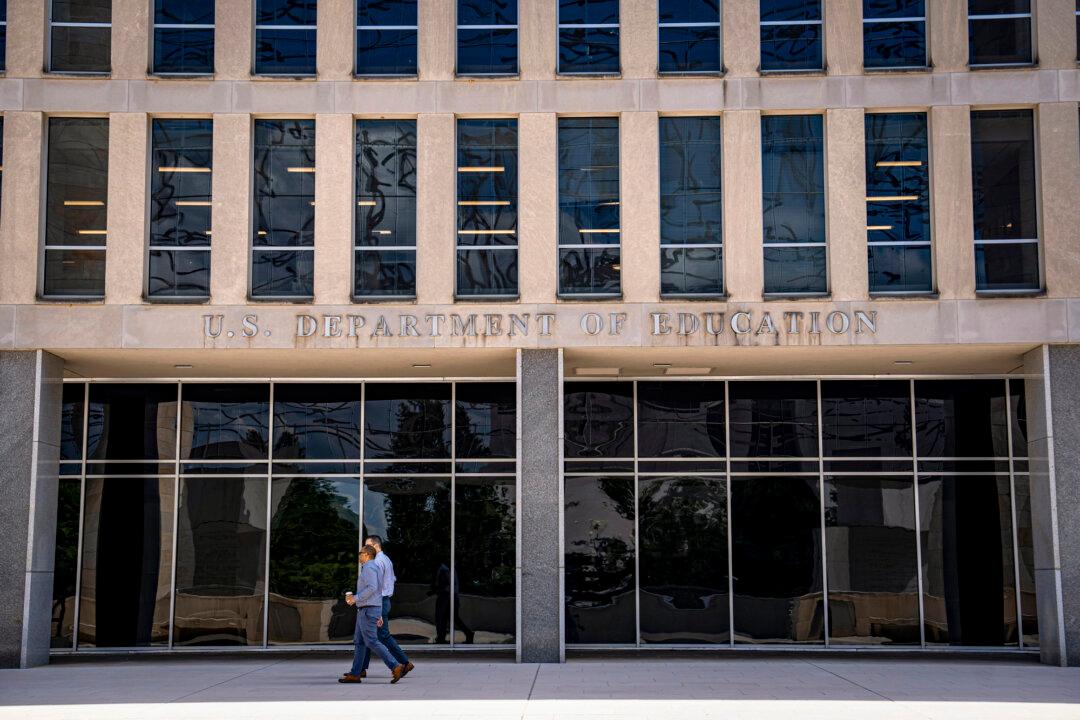State education agencies must now certify that schools under their jurisdiction are not discriminating against students or employees based on race or national origin to remain eligible for future federal funding, officials said on April 3.
The announcement, released by the Department of Education’s Office for Civil Rights, follows President Donald Trump’s executive order prohibiting diversity, equity, and inclusion (DEI) programs in public schools.





